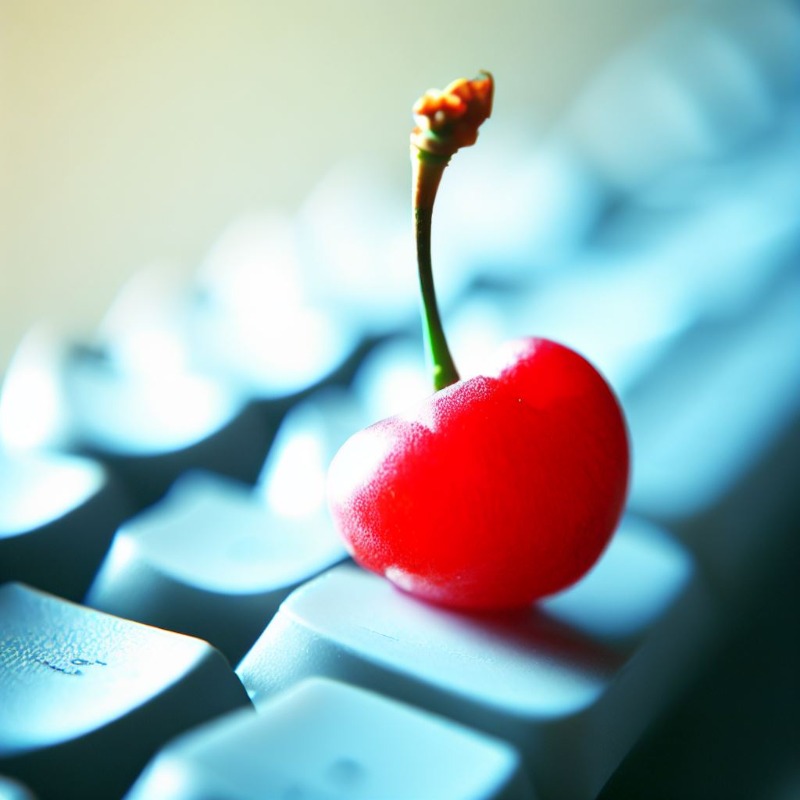レンタルオフィス | Relaxation Therapy
ページ情報
投稿人 Ermelinda Ong 메일보내기 이름으로 검색 (46.♡.25.175) 作成日25-01-21 23:05 閲覧数2回 コメント0件本文
Address :
OB
Relaxation Therapy
What are the three types of rest techniques?
Relaxation therapy encompasses numerous methods that promote stress discount and total well-being. Here are three main kinds of leisure techniques used in leisure therapy:

1. Breathing Techniques
Focused breathing practices are essential for calming the thoughts and body. These strategies often embody:
- Deep Breathing: Inhaling deeply by way of the nose and OP exhaling slowly by way of the mouth to reduce back tension.
- Diaphragmatic Breathing: Engaging the diaphragm fully to encourage deeper, simpler breaths.
- 4-7-8 Breathing: Inhaling for a rely of four, holding for 7, and exhaling for 8 to advertise rest.
2. Mindfulness and Meditation
These practices assist people focus on the present moment whereas letting go of distractions. Techniques embrace:
- Body Scan Meditation: Systematically focusing on each part of the body to boost awareness and rest.
- Guided Imagery: Using mental images to advertise a sense of peace and relaxation.
- Mindful Walking: Combining physical activity with mindfulness to ground oneself in the current.
3. Progressive Muscle Relaxation (PMR)
This technique includes tensing and stress-free completely different muscle groups to promote general relaxation. Steps include:
- Tensing a selected muscle group for a few seconds.
- Releasing the strain and noticing the contrast in leisure.
- Moving by way of the physique systematically, from head to toe or vice versa.
These leisure strategies contribute considerably to rest therapy by promoting physical and mental well-being.
What are the psychological results of rest therapy?
Leisure therapy, particularly by way of leisure strategies, can have vital psychological effects on people. Here are some key advantages:
- Reduced Stress Levels: Engaging in relaxation therapy helps lower cortisol levels, promoting a sense of calm and lowering nervousness.
- Improved Mood: Activities that encourage relaxation can enhance overall mood, leading to decreased emotions of melancholy and increased emotions of well-being.
- Enhanced Self-Esteem: Participating in leisure activities foster a sense of accomplishment and self-worth.
- Increased Mindfulness: Relaxation practices encourage present-moment consciousness, which can result in larger acceptance and understanding of one’s ideas and feelings.
- Better Sleep Quality: Engaging in leisure can promote higher sleep patterns, which is essential for mental health.
Overall, leisure remedy via leisure methods can significantly enhance mental health, contributing to a more balanced and fulfilling life.
What is the purpose of relaxation?
Relaxation therapy serves as a significant device for promoting mental and physical well-being. The primary point of rest is to minimize back stress and nervousness, permitting people to regain a sense of steadiness of their lives.
By participating in leisure methods, such as deep respiration, meditation, or yoga, people can lower their coronary heart rate and decrease blood pressure, which contributes to overall well being. This therapeutic method enhances emotional resilience, serving to people cope with every day challenges more successfully.
Moreover, relaxation remedy can improve sleep high quality, increase temper, and enhance focus and productiveness. Ultimately, the purpose of relaxation is to foster a peaceful state of mind, enabling people to connect with themselves and find readability amid life's chaos.
【コメント一覧】
コメントがありません.

